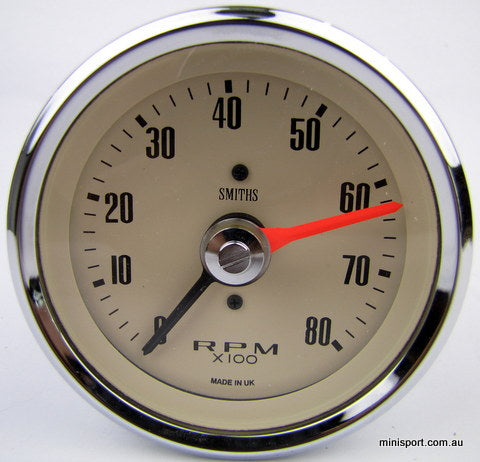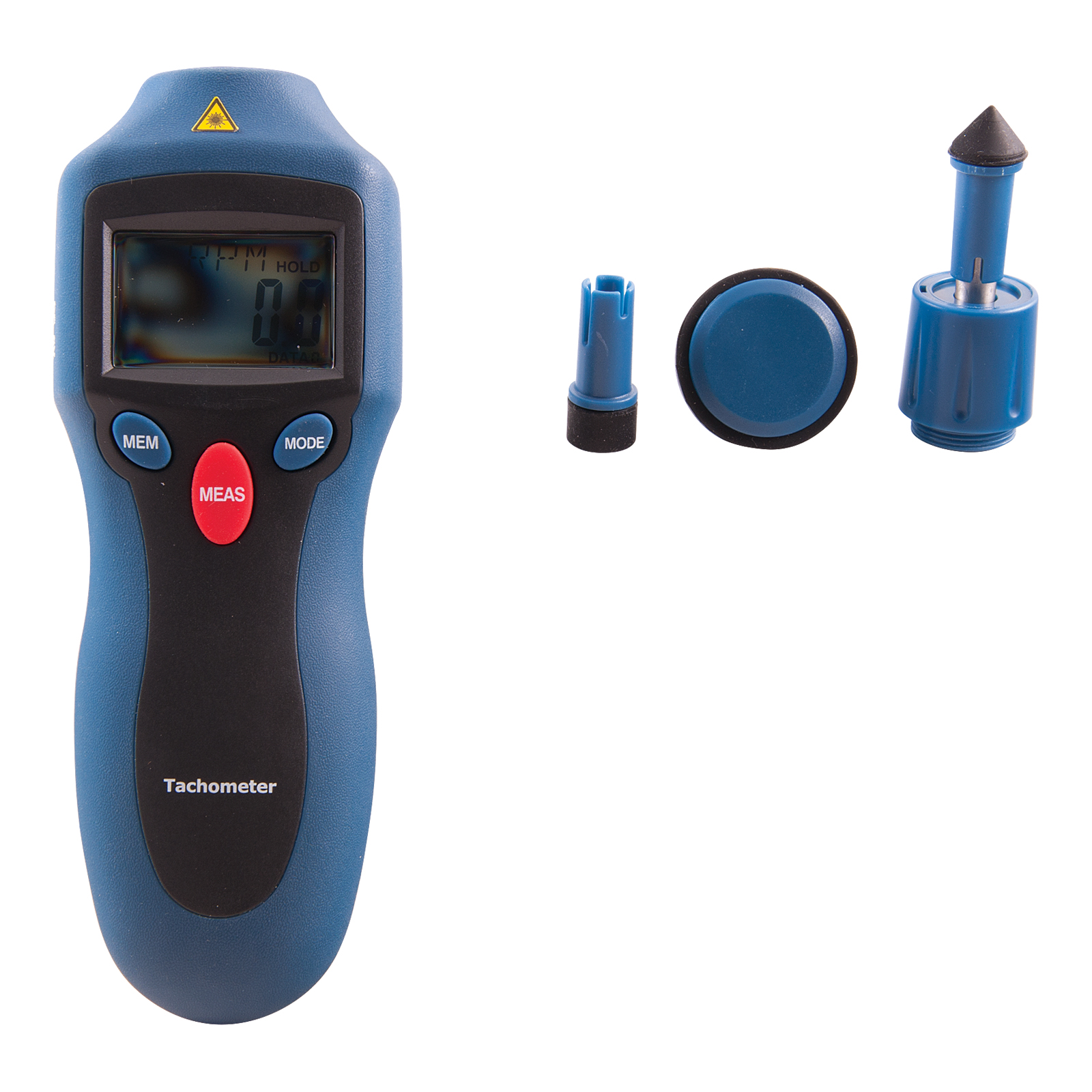Secret Reasons Having a Tachometer Is Crucial for Maintaining Engine Health And Wellness and Effectiveness
In the world of automobile upkeep, the value of a tachometer can not be overemphasized - tachometer. This modest yet important tool plays a critical role in the maintenance of an engine's wellness and efficiency. By supplying real-time data on engine speed and RPM levels, a tachometer offers vital insights that straight influence the performance and long life of the engine. From avoiding over-revving to maximizing gas intake, the applications of a tachometer are diverse and vital for any lorry proprietor or fanatic. Why is this apparently straightforward tool so important? Let's check out the essential factors behind its critical duty in maintaining engine wellness and efficiency.
Preventing Engine Over-Revving

To secure the engine from potential damages, it is critical to apply actions that stop over-revving, a technique that can lead to costly fixings and decreased engine life-span. Over-revving takes place when the engine's rotational speed surpasses the optimum limitation established by the producer, creating unnecessary tension on interior parts such as pistons, valves, and linking rods. This too much stress can result in mechanical failings, consisting of bent valves, damaged pistons, and even tragic engine failing.
A rev limiter is a tool that controls the maximum RPM (transformations per minute) of the engine by either cutting off gas circulation or trigger to the engine when the pre-set restriction is gotten to. Normal upkeep checks to ensure the engine is in optimum problem can also assist in stopping over-revving incidents and extending the engine's life-span.
Optimizing Fuel Consumption
Effective gas intake plays a crucial function in making best use of the performance and sustainability of an engine. tachometer. Optimizing fuel usage not only assists in reducing functional prices but additionally minimizes the ecological impact of vehicle emissions. By utilizing a tachometer to check engine speed and readjust driving routines accordingly, motorists can attain much better gas performance
Preserving a steady rate and staying clear of abrupt velocities and decelerations can significantly enhance fuel economy. Furthermore, correct equipment option based on the tachometer readings ensures that the engine runs within its optimum array, leading to extra effective fuel combustion.
Consistently keeping an eye on the tachometer can also help recognize any kind of inefficiencies or mechanical issues that may be impacting gas consumption. An unexpected rise in fuel use without a matching modification in driving practices could indicate a trouble that requires attention.
Monitoring Engine Health
Monitoring engine health and wellness is crucial for ensuring ideal efficiency and longevity of the car. By making use of a tachometer to check engine speed, chauffeurs can detect irregularities that may indicate possible issues with the engine. A tachometer gives real-time information on engine transformations per min (RPM), enabling motorists to identify any type of uncommon spikes or decrease in RPM that can signal issues such as misfires, worn-out components, or engine overheating.

On a regular basis monitoring engine health with the use of a tachometer enables chauffeurs to resolve concerns immediately prior to they escalate and create considerable damages. As an example, discovering a decrease in RPM might indicate fuel shipment problems or a clogged up air filter, while a sudden increase in RPM may aim to concerns with the transmission or exhaust system. By staying watchful and receptive to changes in engine performance, vehicle drivers can avoid costly repair services and make certain the general health and wellness and effectiveness of their lorry.
Expanding Engine Lifespan
Making certain the longevity of an engine requires thorough maintenance techniques and conscientious surveillance of essential performance indicators. Prolonging an engine's life expectancy is crucial for lowering total automobile upkeep costs and staying clear of unforeseen breakdowns. A tachometer plays a substantial function in see this website this aspect by giving real-time data on engine speed, permitting motorists and mechanics to make informed choices to avoid excessive damage.

Moreover, regular upkeep based on tachometer readings, such as prompt oil adjustments and stimulate plug substitutes, can considerably contribute to expanding the engine's longevity. Generally, integrating a tachometer into routine engine tracking techniques is essential for maintaining the engine's health and performance over the long-term.
Saving Money on Repair Works
A tachometer assists read more in checking the engine's RPM (changes per min), making it possible for drivers to run within the recommended array. By staying within these optimum RPM levels, extreme stress on the engine read the article can be prevented, lowering the probability of expensive repair services due to overworking the engine.
Moreover, by utilizing the information from a tachometer to practice smooth velocity and slowdown, chauffeurs can lengthen the lifespan of their vehicle's elements, inevitably saving cash on upkeep and substitutes. On the whole, the insights offered by a tachometer encourage vehicle drivers to make educated choices that can avoid unnecessary wear and tear on the engine, resulting in substantial expense savings over time.
Final Thought
In final thought, a tachometer plays a crucial role in maintaining engine wellness and performance by preventing over-revving, enhancing gas consumption, checking engine wellness, extending engine life expectancy, and conserving money on repairs. It is an important device for making certain that the engine runs within risk-free limitations and performs at its ideal, inevitably contributing to the long life and general performance of the automobile.